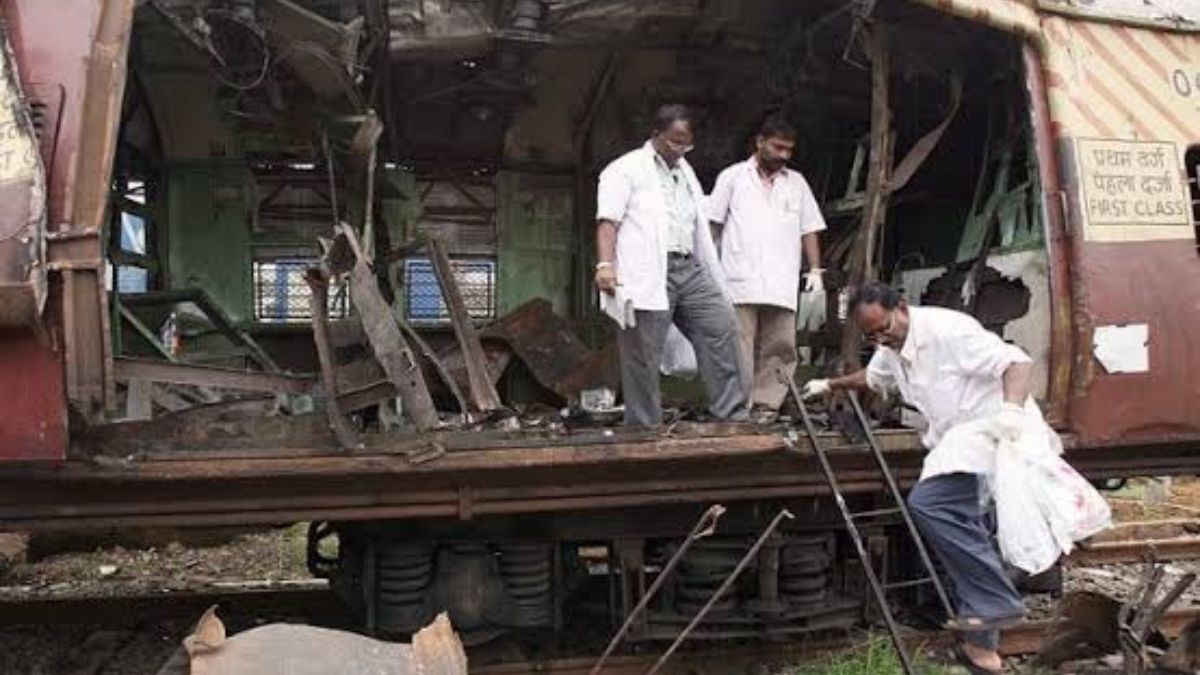In a dramatic legal turn, the State of Maharashtra has approached the Supreme Court of India, challenging the Bombay High Court’s verdict that acquitted all 12 accused in the 2006 Mumbai local train bombings case. The Chief Justice of India (CJI) BR Gavai has agreed to list the matter on Thursday, following an urgent mentioning by the Solicitor General on Tuesday.
On Monday, the Bombay High Court delivered a landmark judgment acquitting all 12 men who were earlier convicted by a special MCOCA court, which had sentenced five of them to death and seven to life imprisonment. The acquittal came nearly 19 years after the 7/11 Mumbai blasts, which killed 189 people and injured over 820, marking one of the deadliest terror attacks in the city’s history.
The special bench of Justices Anil Kilor and Shyam Chandak set aside all convictions after hearing appeals from both the state and the convicts over the past six months, citing procedural lapses, questionable evidence, and concerns over the investigation’s fairness. A detailed judgment is awaited.
In the 2015 trial court ruling, five men — Kamal Ansari, Mohammad Faisal Ataur Rahman Shaikh, Ehtesham Qutubuddin Siddiqui, Naveed Hussain Khan, and Asif Khan — were sentenced to death for planting the bombs. Seven others received life terms. One accused, Wahid Shaikh, was acquitted earlier after spending nine years in prison.
Senior advocate Dr. S. Muralidhar, representing two convicts, had argued extensively on the flaws in the investigation, coercion of confessions, and the irreparable damage to the lives of the accused and their families. The High Court acknowledged these concerns, leading to the acquittal of all remaining accused.
The ruling has reignited debates over systemic lapses in terrorism-related prosecutions and the devastating human cost of wrongful incarceration. The Supreme Court’s hearing on Thursday will now determine the next chapter in this high-profile case.


